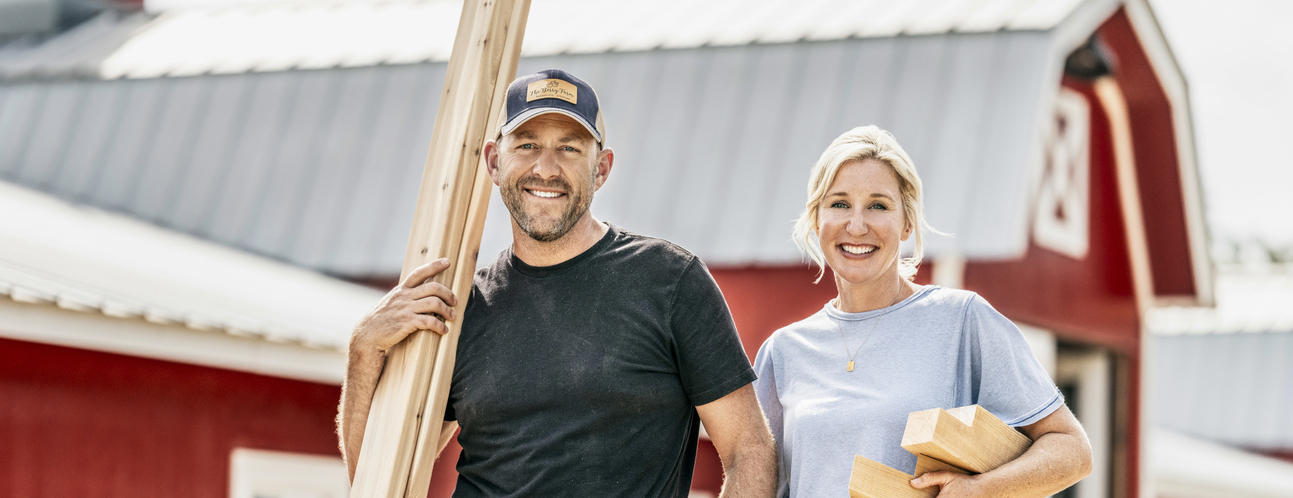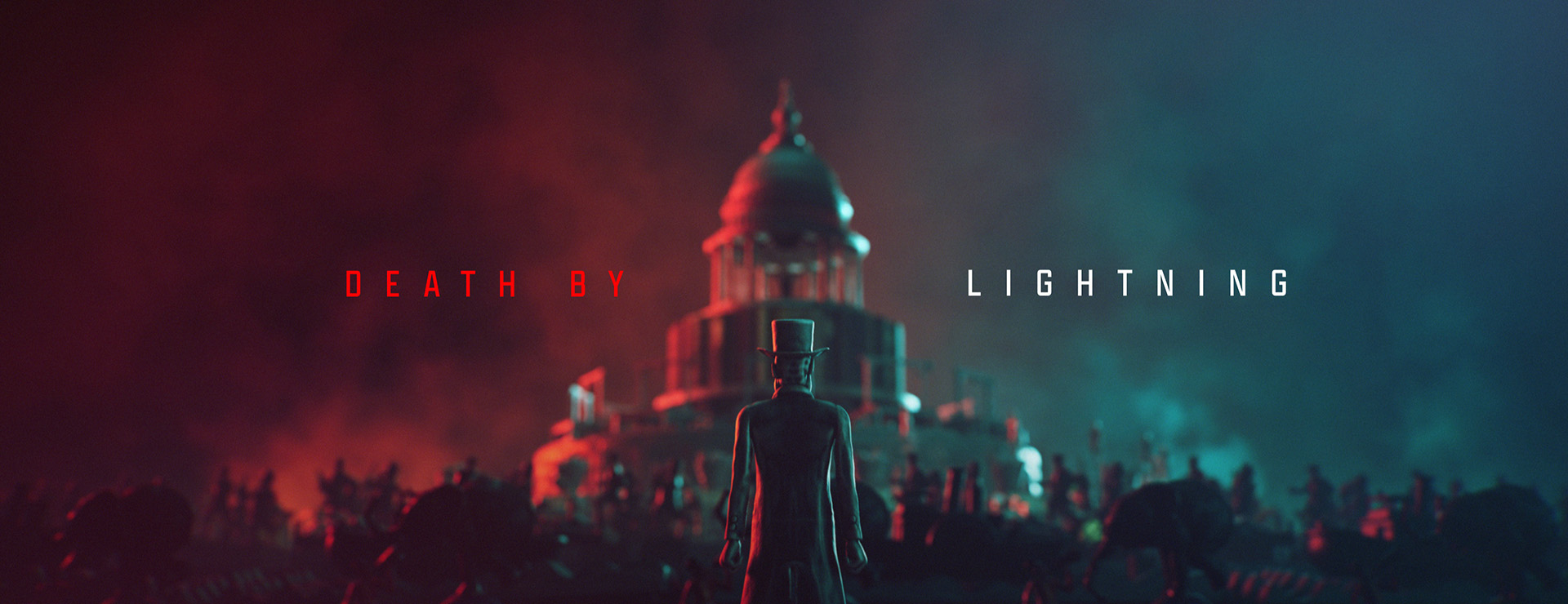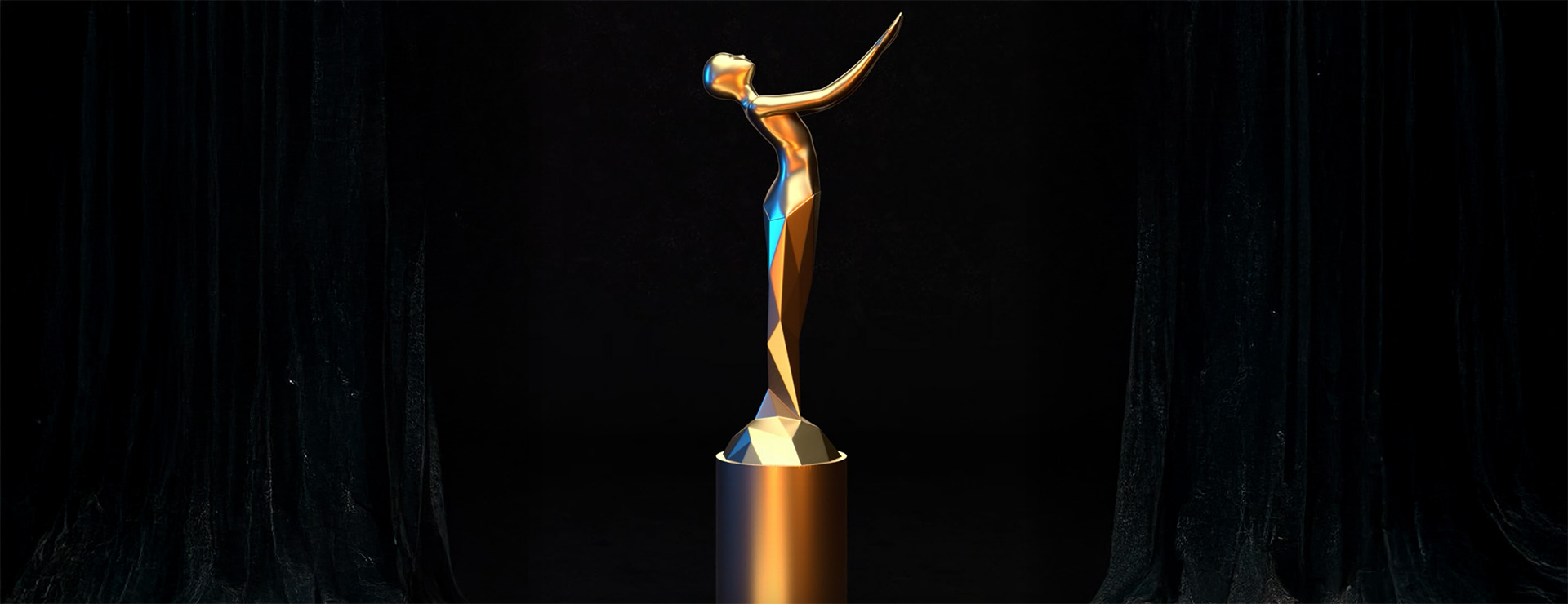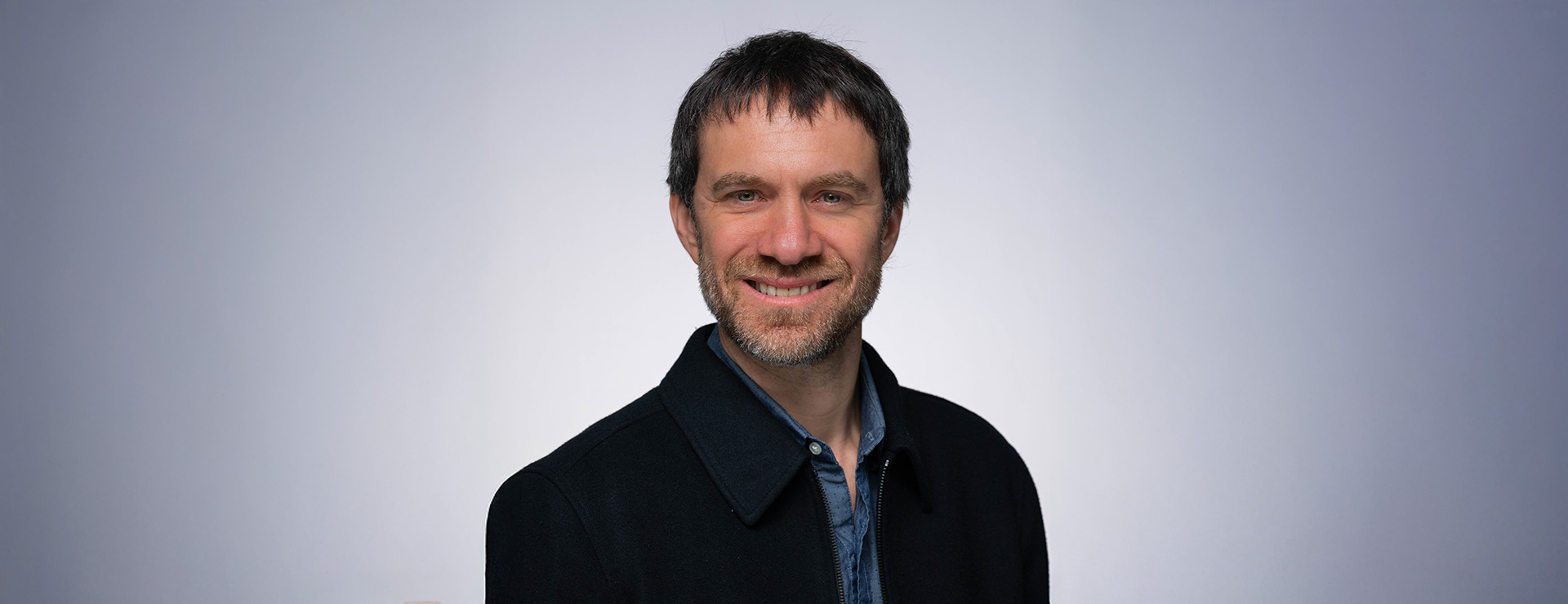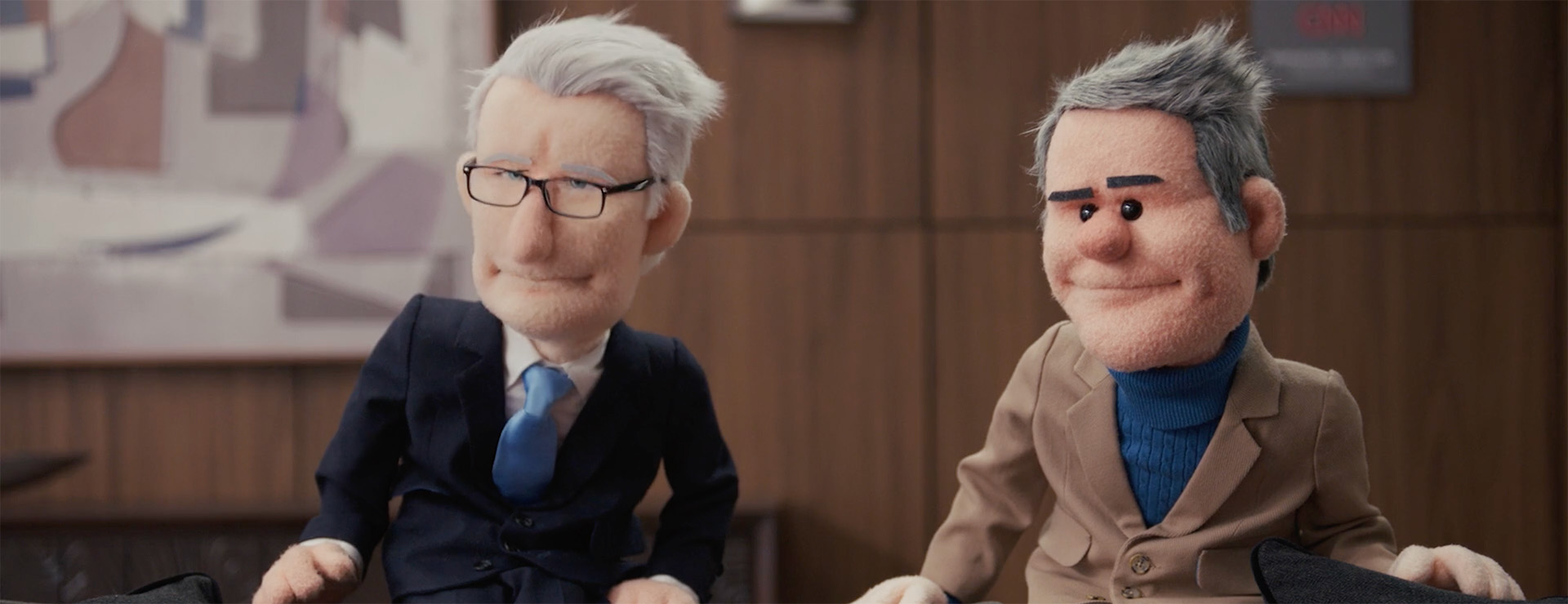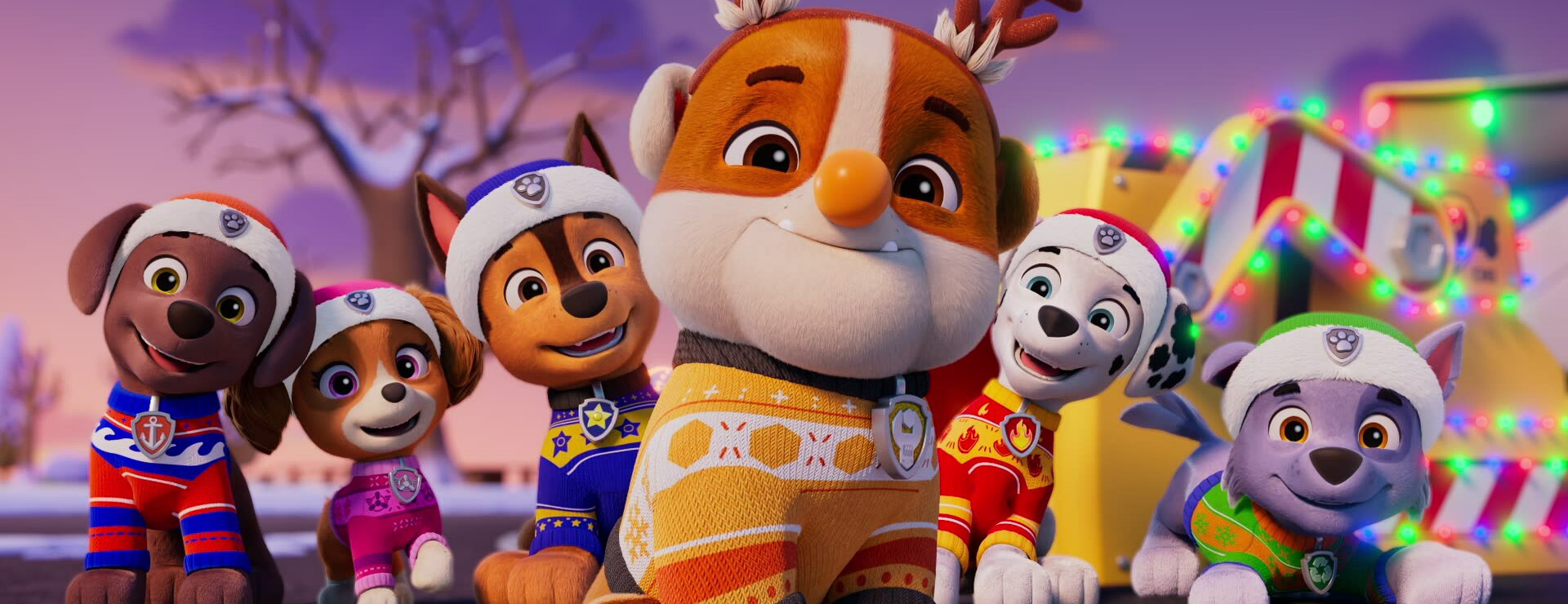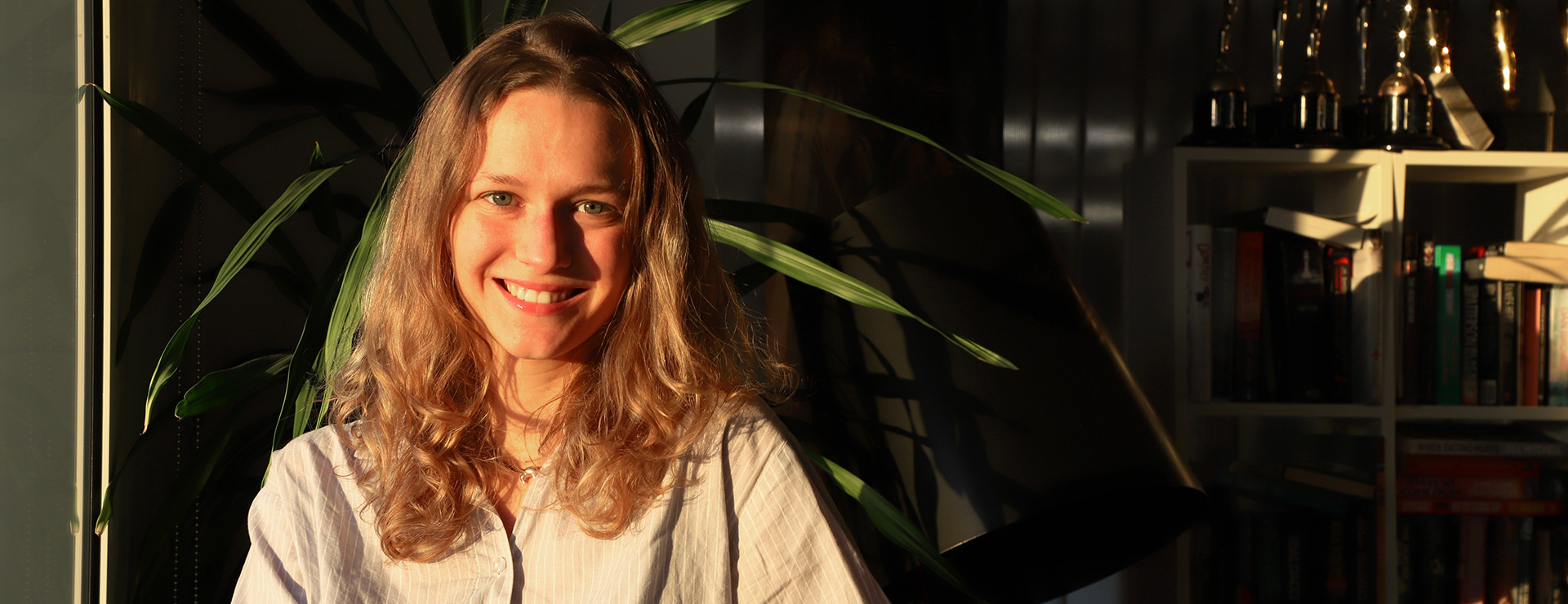Joe Earley knows what it is to build an entertainment company from the ground up. After working with Gale Anne Hurd, a creator and executive producer of The Walking Dead, and spending several years working in media relations at HBO, he joined Fox as a senior publicist in 1994, just as that network was finding its feet by disrupting how broadcast television had previously been done.
He rose through the ranks at Fox, ultimately becoming as chief operating officer for Fox Television Group, where he oversaw marketing, communications, digital, research, talent relations, scheduling and audience strategy. He departed the company when he felt like his job had taken him too far away from the creative process he loved.
From 2016-19, he served as president of Gail Berman’s production company, The Jackal Group, leading its television, film, commercial theater and digital divisions. In 2019, after Disney acquired Fox, Disney Entertainment Co-Chair Dana Walden lured Earley back to the company to oversee the launch and marketing of Disney’s new streaming service, Disney Plus. Five years later, he’s running both Disney Plus and Hulu as president, direct-to-consumer, Disney Entertainment.
Earley -- who's also a former board co-chair of G.E.M.A. predecessor Promax and a current member of G.E.M.A.'s honorary advisory board -- recognizes that it’s a difficult time in the entertainment business. But with multiple theatrical hits this summer, including Inside Out 2 and Deadpool & Wolverine, and FX securing its most-ever Emmy nominations with 93, led by Shōgun and The Bear, there’s a lot to celebrate at Disney. Earley gave Spotlight his perspective on the business, how it all works together and why he’s ultimately optimistic.
Q: With all of the layoffs right now, it’s tough out there, but there are also a lot of exciting things taking place. Are you optimistic or pessimistic about the entertainment business and regardless of your answer, why?
A: Let me talk about the linear ecosystem at the Walt Disney Company first, because I’m sort of evangelical about it. A lot of people who are in streaming either now or when it started focused on the decline of network TV and they felt like network TV needed to decline in order for them to win. And what I’ve said from the day I got here was that we need to keep the linear ecosystem as healthy as possible, not only because it is a critical part of The Walt Disney Company but because it builds the library of tomorrow.
We have ABC, FX, Freeform and Nat Geo all going for very specific demographics and audience segments. We have these linear teams who are the best at creating for specific audiences and for broad audiences, and then we have very complementary viewing between them. We're not cannibalizing each other, we're growing. We absolutely see that some streaming feeds back into linear. But for the most part, we've got people who either want to watch linear or they want to watch streaming, and they are making these shows more successful.
[FX Networks Chairman] John Landgraf has been very gracious about saying FX wouldn't have achieved this level of Emmy nominations were it not for Hulu, because of the reach and the exposure that platform has provided.
So for us, linear is critical. On top of serving as our future library, it also is an absolute unparalleled marketing machine, and it gives us exposure and synergy and reach. We all know broadcast still provides the reach, and so we're lucky to have broadcast and cable partners who help promote our services. One of the key ways that is done beyond just spots and inventory is on marketing materials themselves, where they let people know that you can watch it live on ABC on Sundays at 9 and then you can stream it later on Hulu. Consumers need that information, and it's very helpful to the whole ecosystem.
I have a vested interest in keeping [broadcast] healthy. Linear is still enormously valuable for every company that has a broadcast network because of the amount of advertising revenue and retrans [retransmission consent fees] that are generated. So broadcast may be declining by a certain percentage but the nominal value is still absolutely tremendous and critical, I think, for businesses like ours.
I hope that we all get to stabilize [the linear side of the business]. I do understand that the MVPD [multichannel video programming distributor] ecosystem is challenged. We all see what's happening there in terms of cord-cutters and cord-nevers. I think broadcast tells stories and reaches people in a way that no one else does. So it's going to be here for quite some time, despite the rumors of its demise.
Q: As you mentioned, no platform has the reach that broadcast does and that’s a huge advantage for ABC. How do you take advantage of that reach as often as you can, even though every day cannot be the Super Bowl or the Oscars? How do you make that reach matter as you’re talking about stabilizing the ecosystem and making sure all of these platforms are working together?
A: I feel like that’s what we’re in the process of figuring out and we’re paying attention to that here. We have people who came from linear across all of our businesses. It helps to have that understanding and to have ad sales across all of it. And we have ESPN in our ecosystem. Live sports drives viewing in a focused way. So with live sports on ESPN and ABC, and what we have on other platforms, we can reach every viewer segment, every taste base and every demo base.
Q: Earlier this spring, The Fall Guy came out and bombed and everyone was again talking about the death of theatrical. Since then, we’ve had Inside Out 2, which has grossed nearly $1.7 billion in global box office sales; Deadpool & Wolverine, which is the highest-grossing R-rated movie of all time with more than $1.2 billion in global box office thus far; and after two weeks in theaters, Alien: Romulus is at $225 million globally and counting. What do these performances say to you?
A: If you look at our movies – from Planet of the Apes to Inside Out to Deadpool & Wolverine and Alien: Romulus, you see how this is an incredible engine that lifts everything around it. All of the Alien movies are lifting right now on Hulu, and when Planet of the Apes came out, those movies were lifted.
Similarly, on the series side of the house, when the new season of Only Murders in the Building drops, all three previous seasons are going to pop, including season one, because there are people coming in from the beginning. That also happened with The Bear. Every single one of these franchises, when they come back again, we get new subscribers and then we get subs who reengage or are catching up. That’s what’s exciting about streaming – it’s all there, ready for a subscriber to drop in whenever it suits them. It’s just thrilling to see how it feeds itself and it’s also thrilling to watch consumers navigate and get exactly what they want.
We just launched Hulu on Disney Plus a few months ago, and it’s working beautifully. People who use it watch more, watch more often and watch more variety. When Shogun was on FX, it was the number-one title on Hulu on Disney Plus and it was being watched by Disney Plus subscribers who had the bundle but who previously had almost never opened Hulu. Subscribers are seeing the value of the bundle. The consumer tells you what they want and if you’re able to deliver it to them, they become much healthier subscribers and they churn less, which is the name of the game.
Q: Can you talk about the so-called customer journey – how do you feel that ABC informs Hulu informs Disney Plus? How do all of these platforms work together?
A: We're lucky in the way that we are organized here, because content is all overseen by the same team, led by Craig Erwich, who are all collaborating with each other. FX knows what Hulu Originals is doing and Onyx knows what is happening at Nat Geo. Everyone knows what everyone’s doing and it’s very strategic. And I think that perhaps better than ever before the streaming business is doing a better job of sharing meaningful data with our content partners that helps them understand [how the content is performing.]
We embrace a portfolio approach because it's important. If you got myopic and you used your streaming data and you only looked at how each title performed on streaming platforms, then you would make mistakes. If the data and the algorithms were perfect, there would only be hits. But there is alchemy involved. And our content partners, who have probably the most impressive track record in the industry on the television side and on the film side – they are in touch with that alchemy. So we as partners are very supportive to say, ‘okay, this one will be a loss leader.’ It’s a matter of the portfolio having some outsized hits to cover the riskier bets. Any of us who have worked in the television business know the statistic that there was at least an 85% failure rate. I think you can get into danger in streaming if you lose sight of how entertainment works.
It's another reason it's great to be at this company. No one else has this level of network strength, advertising organization and sports strength. And then we also have parks and experiences. And then we have a film company that's rolling out the top films of the year, rolling out billion-dollar plus movies again. Those lift everything on streaming. It's a very challenging business right now, but I have no question that we have everything that it takes to succeed and grow and become a really profitable business with all of that constant interaction.




